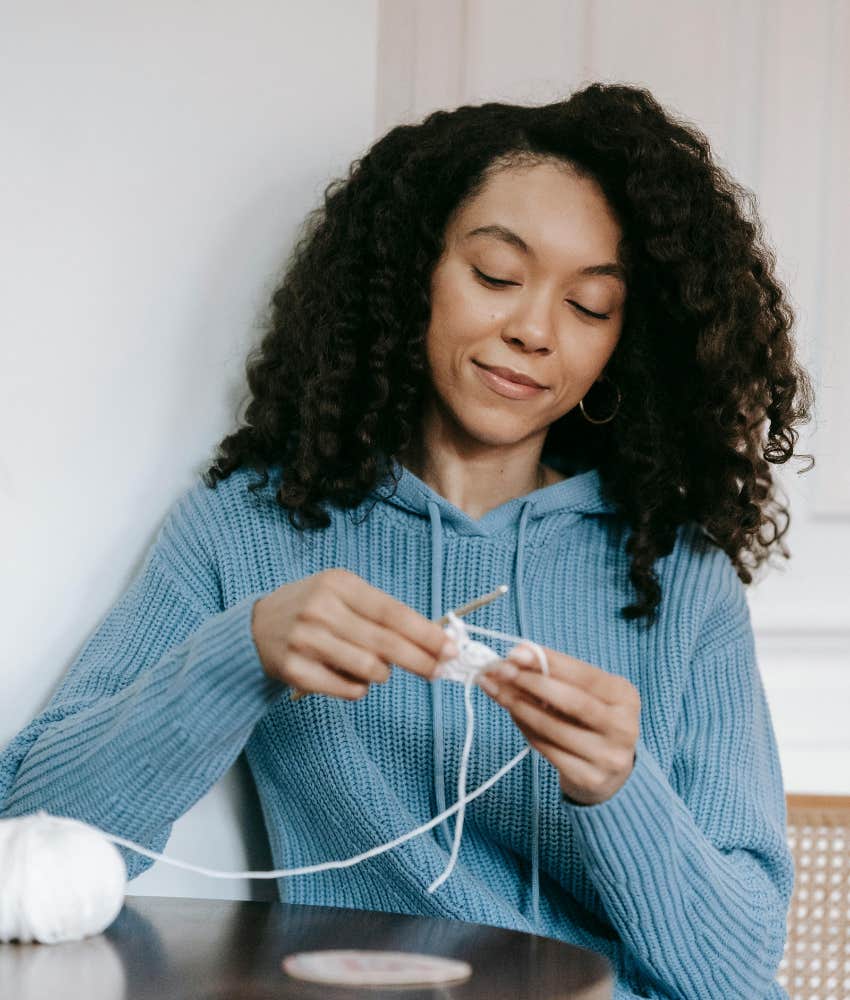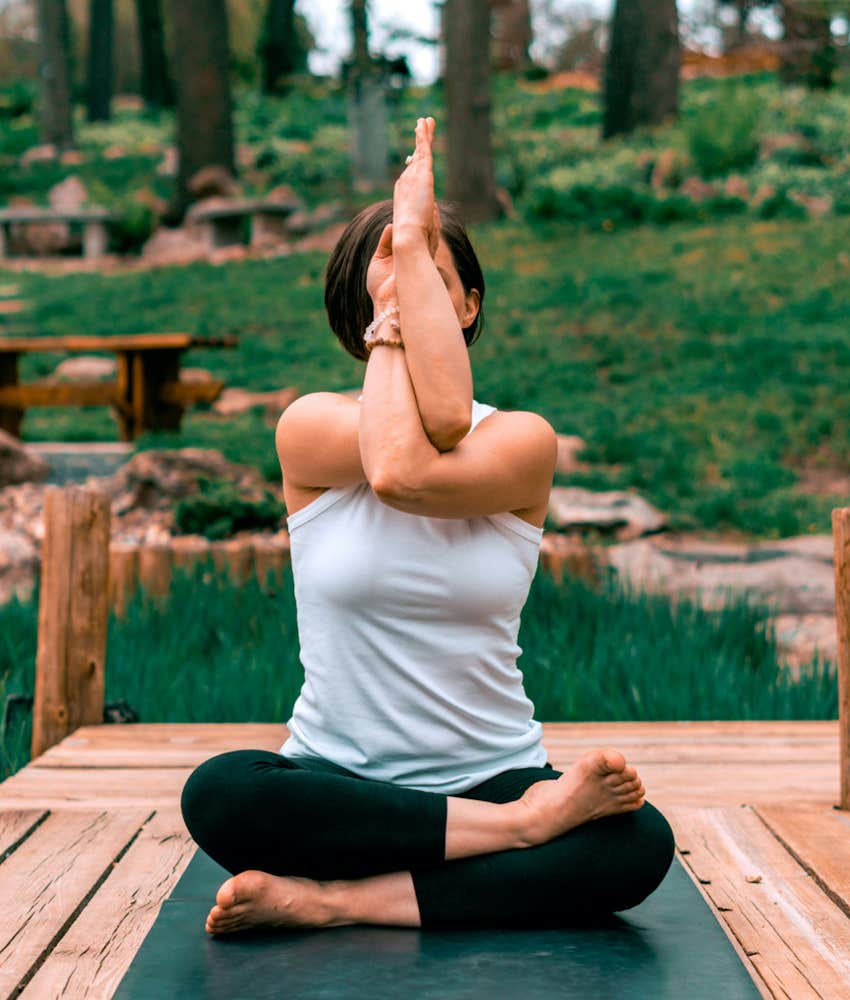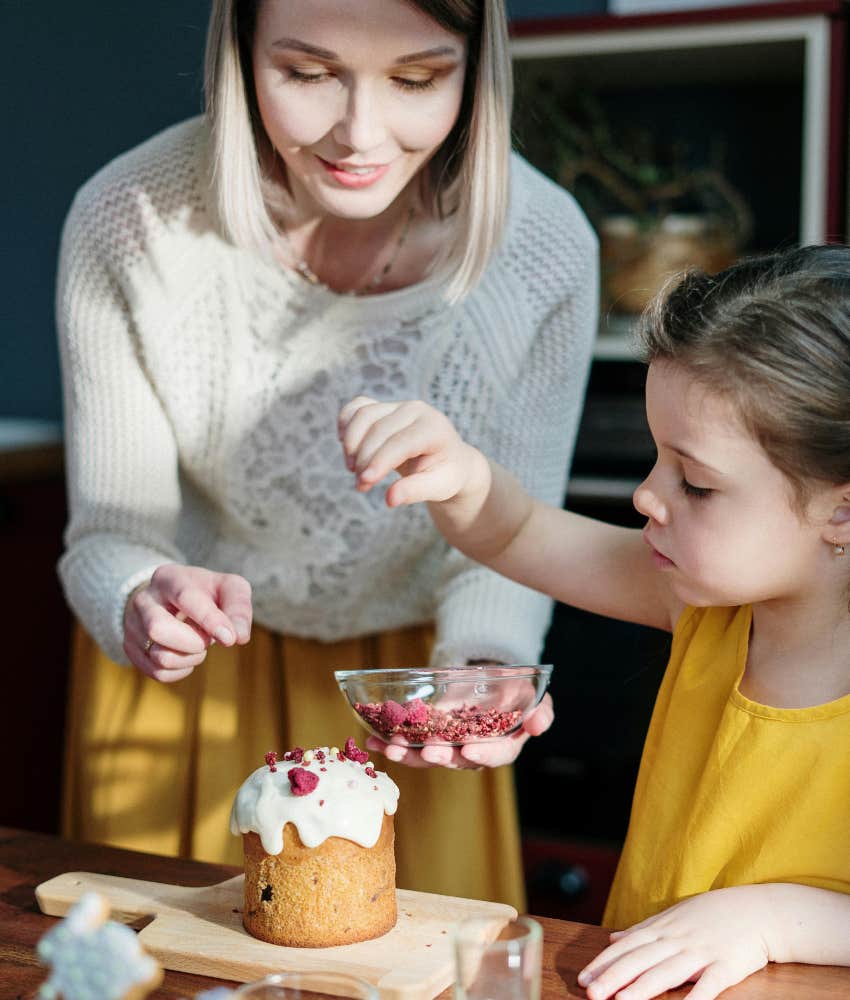5 Hobbies Anxious People Find Relaxing That Others Find Tedious
Sometimes the greatest joy can be found in a calm and relaxed mind.
 LOGAN WEAVER | Unsplash
LOGAN WEAVER | Unsplash Everyone suffers from some form of anxiety. For the average person, it's simply qualified as stress or everyday worries. For those who suffer from anxiety disorder, however, the commonality of not just the term but the experience has unfortunately dulled the severity of the condition. That doesn't make it any less prevalent, however. According to the National Alliance on Mental Illness, over 40 million adults in the U.S suffer from an anxiety disorder, making it the most common mental health condition.
Outside of therapy, one common approach to treatment is through activities that promote relaxation. Included within those activities are hobbies. Hobby expert and psychology student Nat recently shared that there are specific hobbies anxious people are drawn to because these activities allow them to calm their minds and simply relax. While often dubbed tedious by others, these repetitive and mindful practices help anxious people process their overwhelming worries.
Here are 5 relaxing hobbies anxious people enjoy that others might find tedious:
1. Crocheting
 Miriam Alonso | Pexels
Miriam Alonso | Pexels
Creating intricate patterns by interlocking loops of yarn with a needle might seem boring to some, but for others, it helps manage stress. The repetitive act, combined with the necessity to be present in the moment, can relax an anxious mind. It also allows for creativity and, in some cases, socialization with groups and clubs that specifically cater to all crafters with a similar art, like knitters and quilters. This is especially important since anxiety disorders can be isolating, especially for people who suffer from social anxiety.
Erin Cuomo, a resident in counseling at Healthy Minds Therapy, PLLC, explained, "Knitting and crocheting are repetitive tasks that put your mind in a meditative state. Like practicing mindfulness, knitting and crocheting trains your mental state to tune into your current experiences, focus on the present, and to achieve a state of calm concentration and positive emotions." She added, "In learning a new task or figuring out a new pattern, new neuropathways are created, strengthening the brain and its capacity to function. Also, the completion of the task produces a piece of work that gives an individual a sense of accomplishment, furthering good feelings and confidence."
A 2020 study explored whether this had scientific support and found that crocheting "offers positive benefits for personal well-being, with many respondents actively using crochet to manage mental health conditions and life events such as grief, chronic illness, and pain."
2. Gardening
 Jamie Fenn | Unsplash
Jamie Fenn | Unsplash
If your anxiety has been getting worse and your surroundings feel chaotic, gardening might be the solution. Taking the time to connect with nature and care for your plants can help you feel more relaxed. Sure, having a big plot of land might seem ideal, but creating a succulent garden in your living room or even a potted plant oasis on a back patio is equally as wonderful.
Gardening and exposure to green spaces offer essential physical and mental health benefits, according to Sir Richard Thompson, a physician in the U.K. He noted that interacting with nature can improve mood and reduce stress, and recommended that healthcare professionals start promoting gardening as a legitimate treatment for wellness.
According to Kayla Oaster, a Penn State Master Gardener, "Gardening can be a healthy tool to connect to the current moment and not be caught up in your mind. For many people, it can also be a place of spiritual or holistic practice. It's very relaxing to be surrounded by plants and nature, so many find their garden spaces or houseplant areas to be quiet or peaceful places for meditation or prayer."
Much like crocheting, gardening is a creative and yet mindful activity that keeps you grounded in the present moment. Not everyone has the patience for all that weeding and pruning, but for someone with anxiety, it can be a welcome reprieve from intrusive worries.
3. Journaling
 Katya Wolf | Pexels
Katya Wolf | Pexels
Journaling serves as a way to express your feelings and understand them. When your mind is racing and your anxiety spikes, putting those feelings on paper can help you not only purge in the moment, but also allow you to reflect on those feelings and what might have been the catalyst for the anxiety.
Journaling can help you deal with negative situations, according to Kaiser Permanente, a health care company. They noted that "if you stop and put your emotions down on paper, it can help you release negative thoughts from your mind." As you jot down the reasons you feel anxious, you might come up with ways to ease it that you hadn't thought of before.
4. Yoga
 Erik Brolin | Unsplash
Erik Brolin | Unsplash
How could yoga not be on the list? It's the quintessential activity for stress reduction and mindfulness. Bonus: It's good for both your emotional well-being and your physical health.
Harvard Health noted that yoga can "affect mood by elevating levels of a brain chemical called gamma-aminobutyric acid (GABA), which is associated with better mood and decreased anxiety." Yoga can also be done by nearly everyone, from those with physical disabilities to the most honed athletes. That's not to say everyone enjoys the practice, however. Some find the lack of competition and action too tedious, but for those who tend to be anxious, yoga is rejuvenating.
5. Cooking
 cottonbro studio | Pexels
cottonbro studio | Pexels
One of the best parts of cooking is that it involves all five senses, fully immersing you in the activity. It allows you to be creative and focused, which can help ease anxiety and tension. You get the added benefit of a delicious home-cooked and healthy meal to add to the benefits!
But it's not just the act of cooking that has stress-relieving benefits. It's the memories and associations attached to the act and the food itself that also hold great healing properties. Hannah Dalpiaz, RD, LDN, senior clinical nutritionist at Dana-Farber/Brigham and Women’s Cancer Center, explained, "For many, food carries an emotional connection. It’s a way to celebrate special occasions, observe cultural practices, or even serve as a comfort in sickness or mourning. Because cooking engages our senses, it has the ability to activate memories. The smell of a dish might remind you of your grandmother’s house, or perhaps your favorite restaurant or vacation. Allowing yourself to be immersed in these memories as you cook is a therapeutic way to relieve stress and boost your mood."
Hobbies that help with relaxation and stress reduction often tend toward repetition and mindfulness. While that's not everyone's cup of tea, for those who struggle with anxiety or have a diagnosed anxiety disorder, these activities can make life more joyful and relaxing. Hobbies in general have a way of doing that; it's just a matter of finding the right one.
Matt Machado is a writer studying journalism at the University of Central Florida. He covers relationships, psychology, celebrities, pop culture, and human interest topics.

